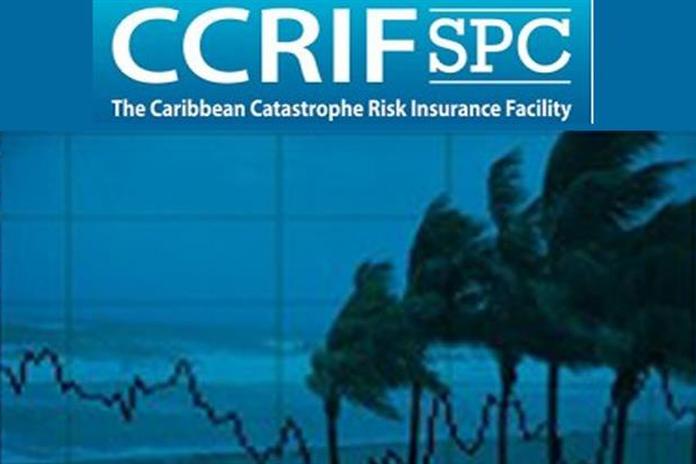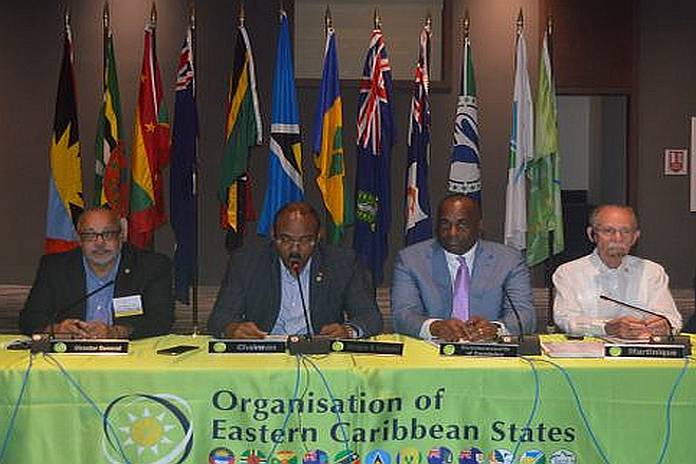
GEORGE TOWN, Cayman Islands – As of June 1, all Caribbean members of CCRIF SPC completed the selection of their CCRIF insurance portfolio for 2019/20, with nine Caribbean governments increasing their level of coverage for at least one of their policies and one country purchasing cover for an additional peril (tropical cyclone) that it did not have last year.
As the 2019 Atlantic hurricane season begins, CCRIF members can be assured that they are covered for another year, against tropical cyclones as well as excess rainfall events, which occur throughout the year and earthquakes, which may occur at any time. CCRIF is the world’s first multi-country risk pool offering parametric insurance products for hurricanes, earthquakes and excess rainfall in the Caribbean and Central America.
Additionally, the Facility has provided its members with two policy features, the Aggregate Deductible Cover (ADC) and Reinstatement of Sum Insured Cover (RSIC), at no cost for 2019/20. These two features for tropical cyclone and earthquake policies were first offered in 2017. The ADC can provide a minimum payment for events that are objectively not sufficient to trigger a CCRIF policy because the modelled loss is below the attachment point (or deductible). The RSIC provides access to coverage during a policy year even after the maximum coverage limit is reached. This prevents the situation where the insurance cover is exhausted early in the policy year, thus leaving a country exposed until the policy renewal date of June 1, the following year.
CCRIF’s tropical cyclone and earthquake policies for 2019/20 are based on a new risk model called SPHERA (System for Probabilistic Hazard Evaluation and Risk Assessment), which replaces the MPRES model, which had been the basis for these policies since 2011.
SPHERA is a new state-of-the-art model, based on the latest scientific findings and the most updated hazard datasets. The new model features new, up-to-date ground motion, wind and storm surge models; a larger and more detailed stochastic catalogue of events; a more detailed exposure database, including…






